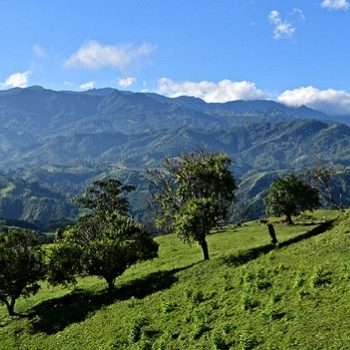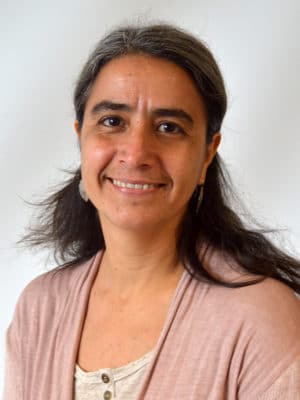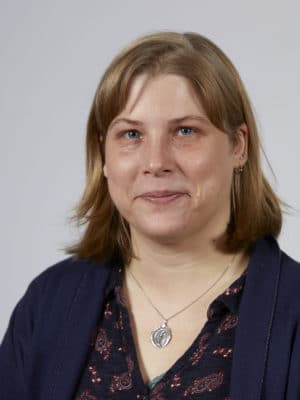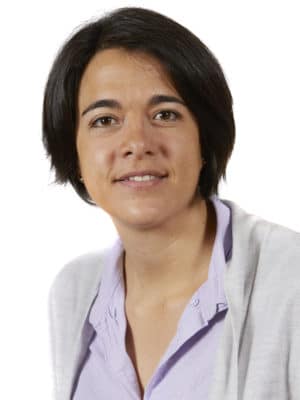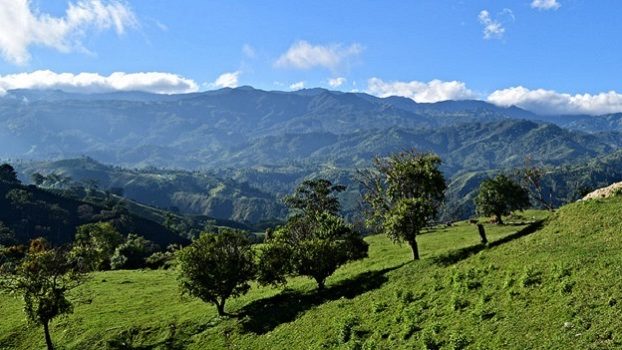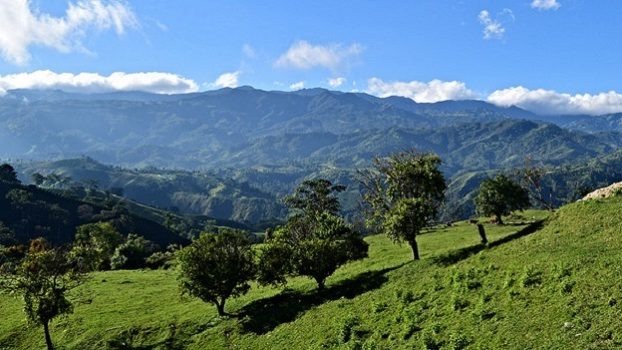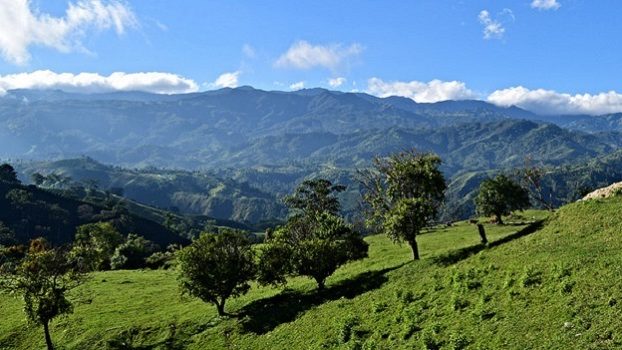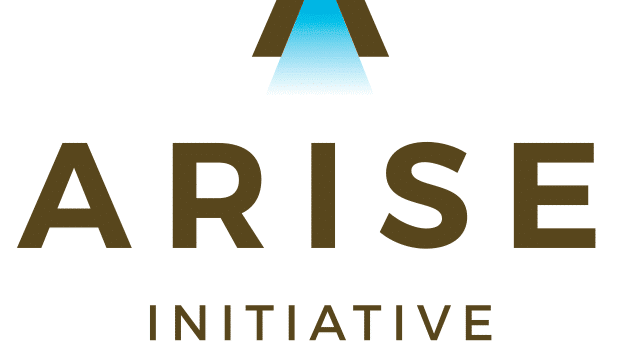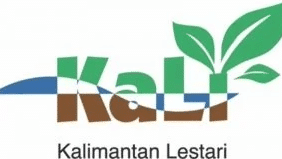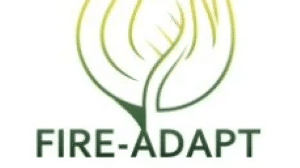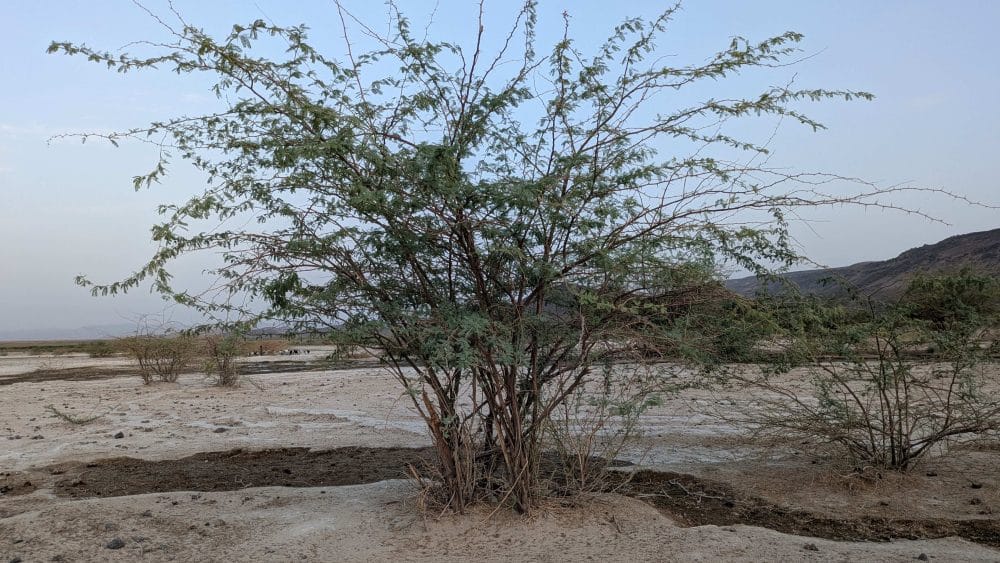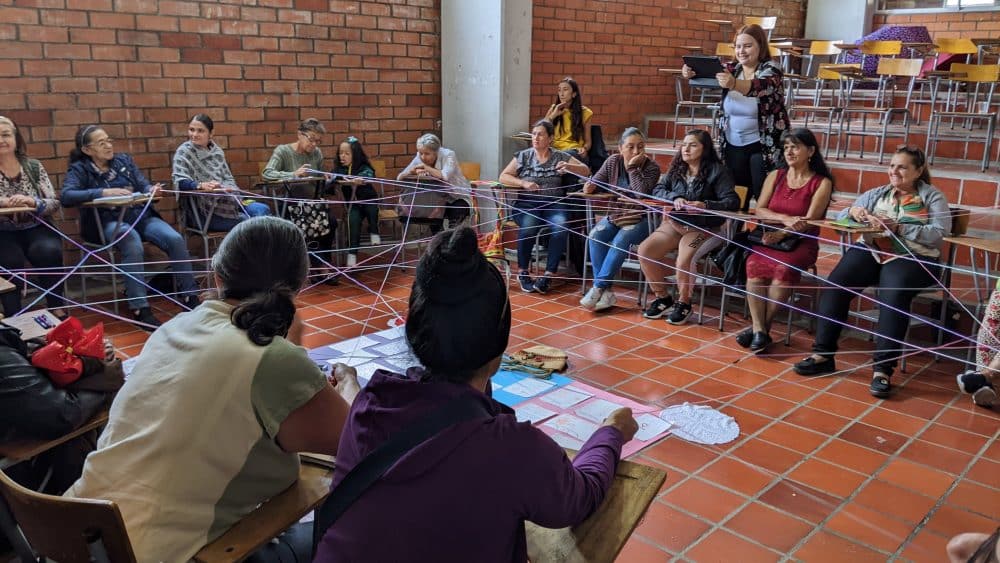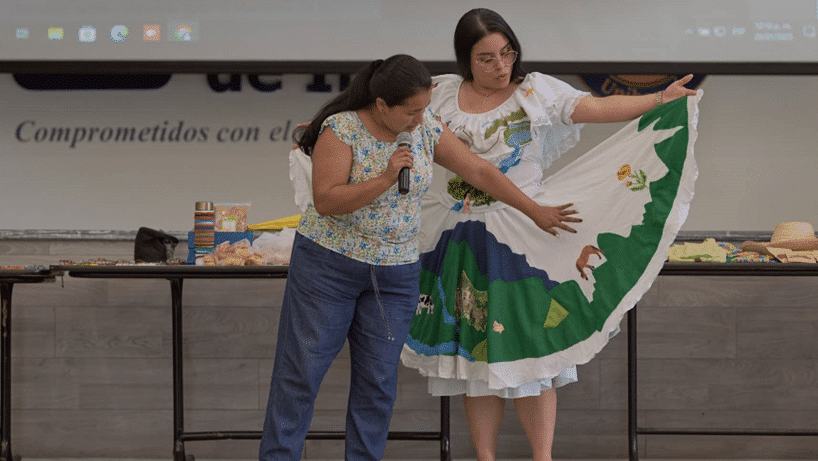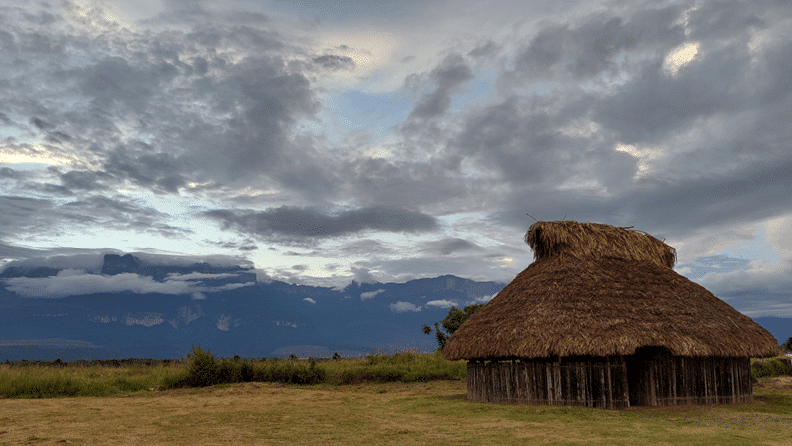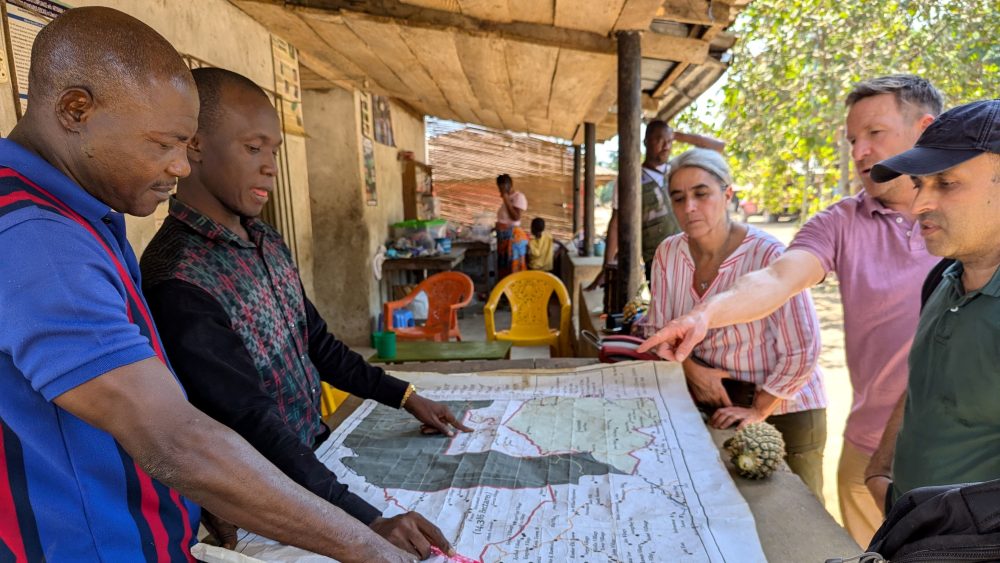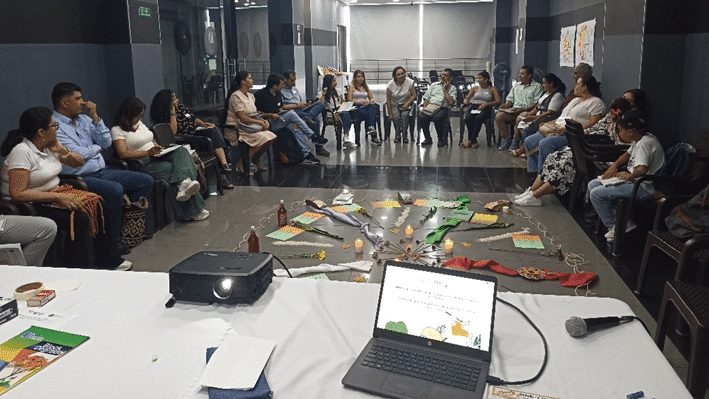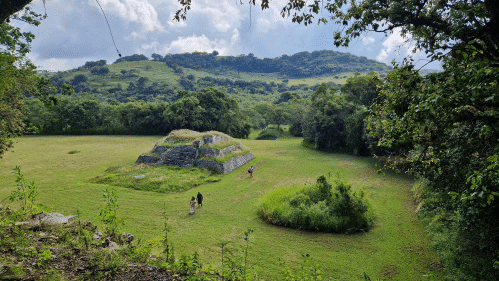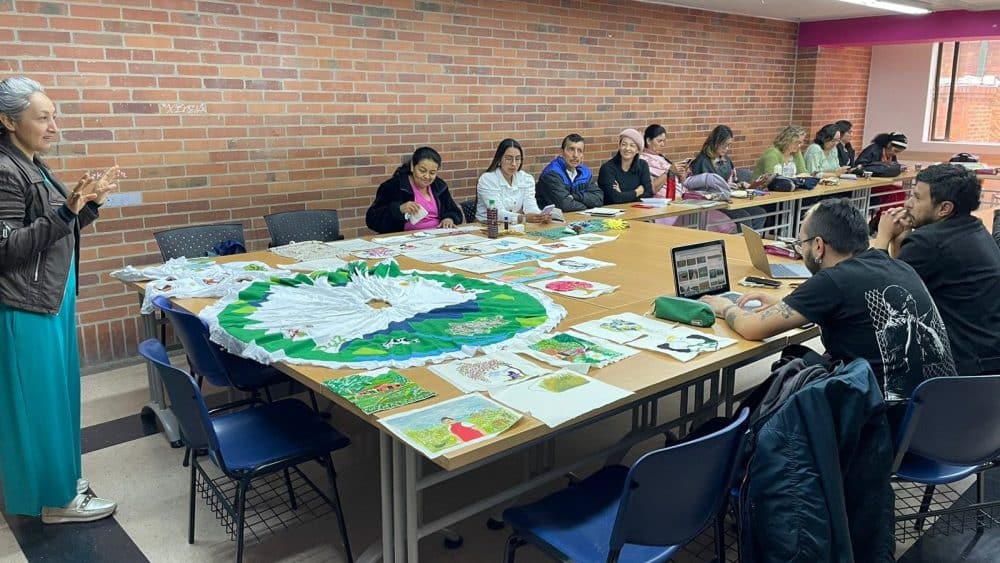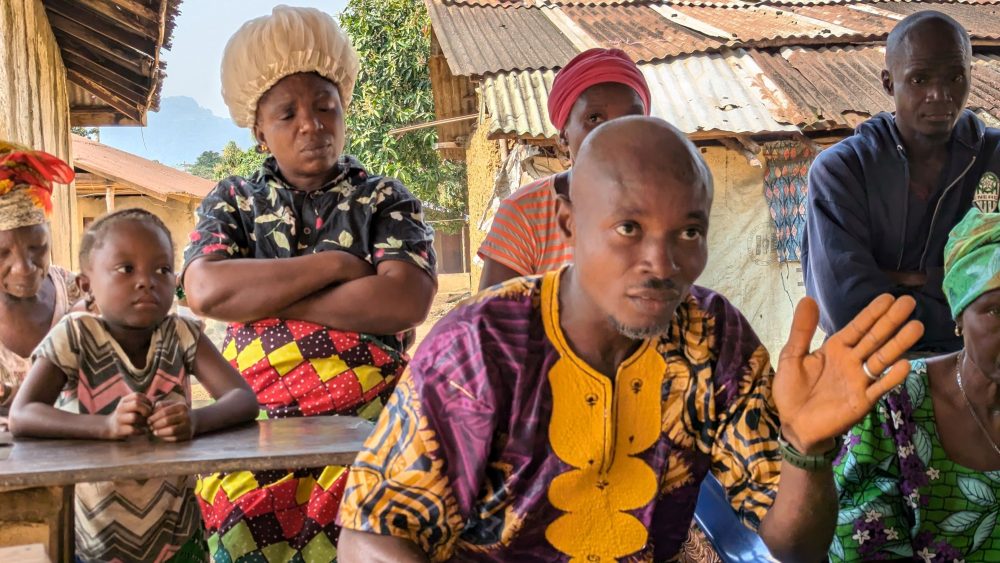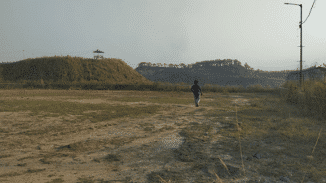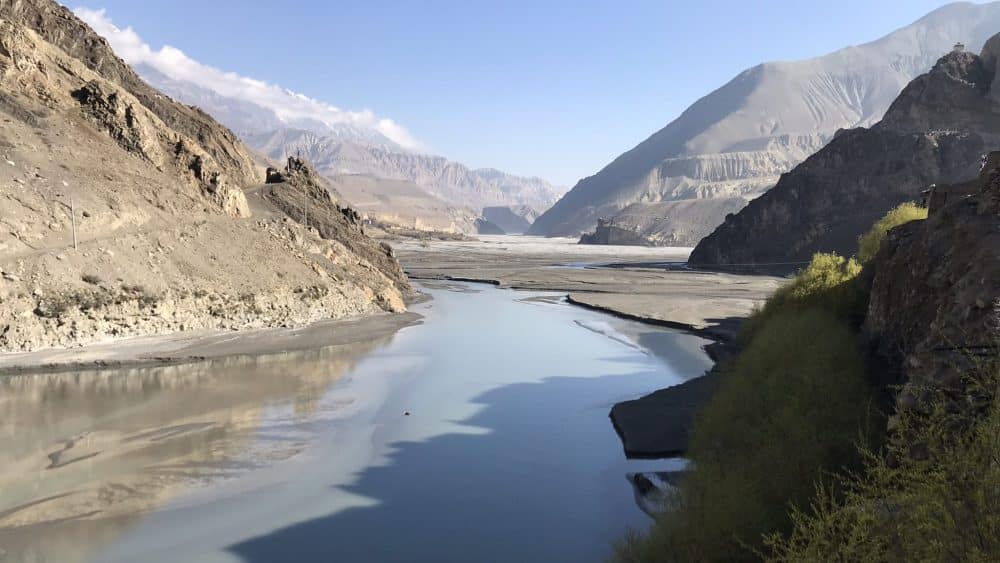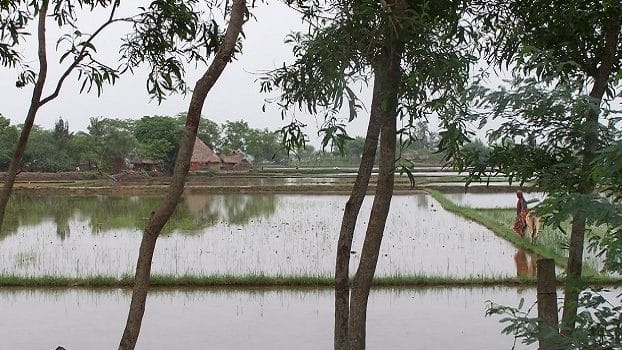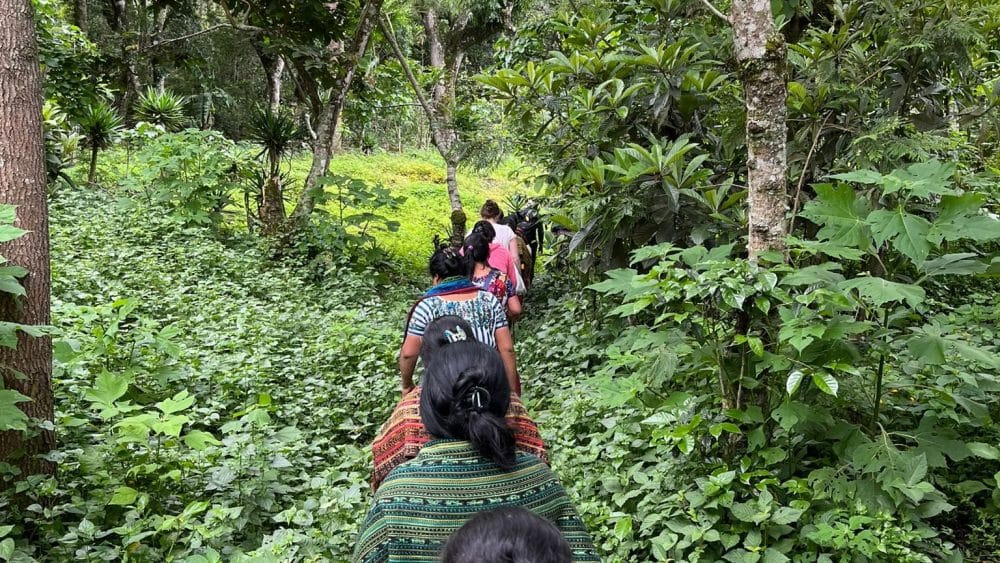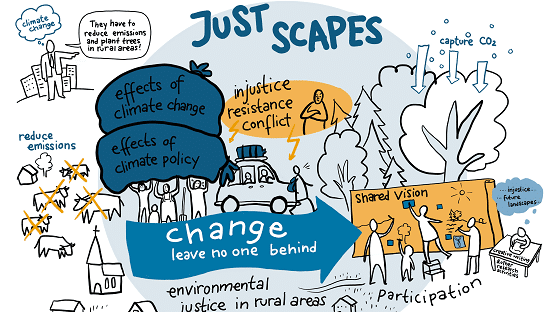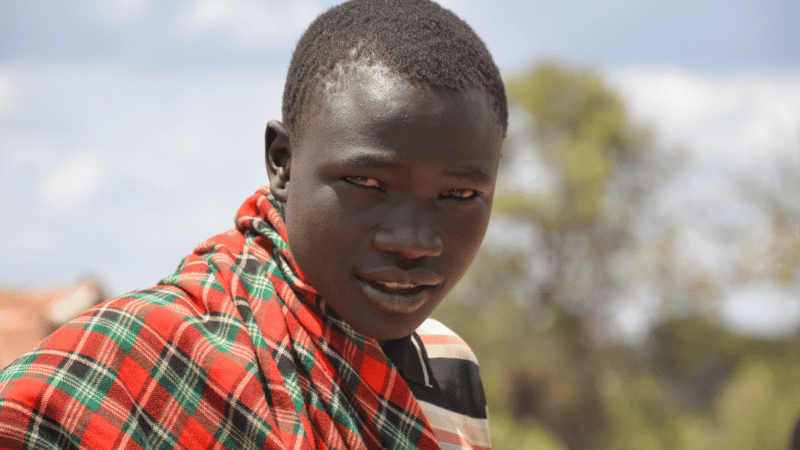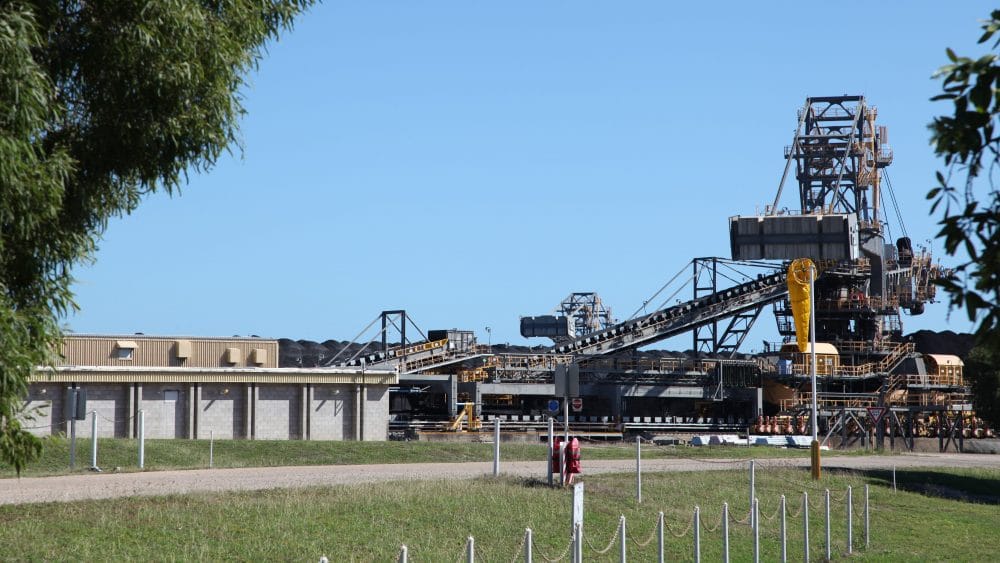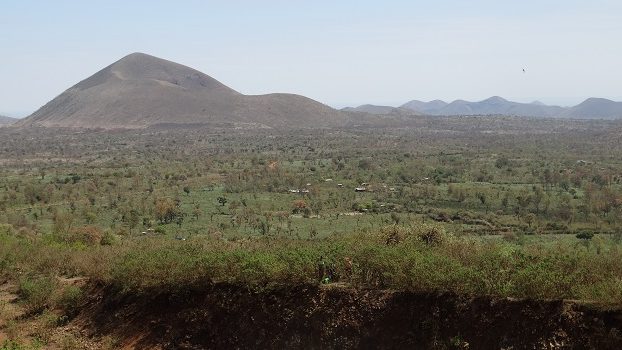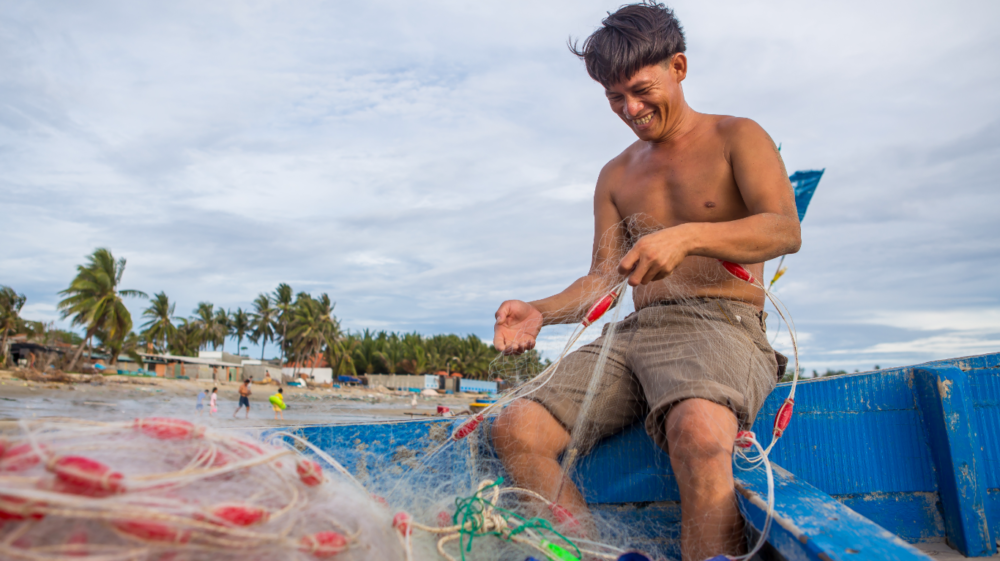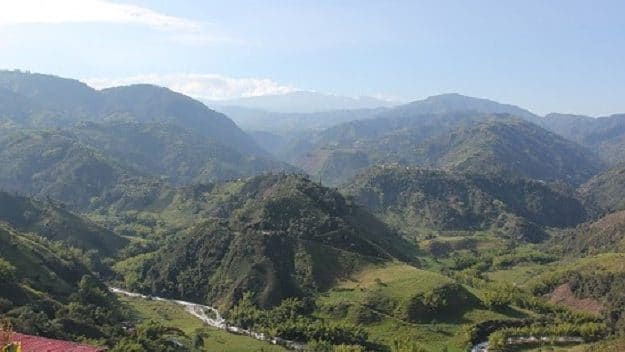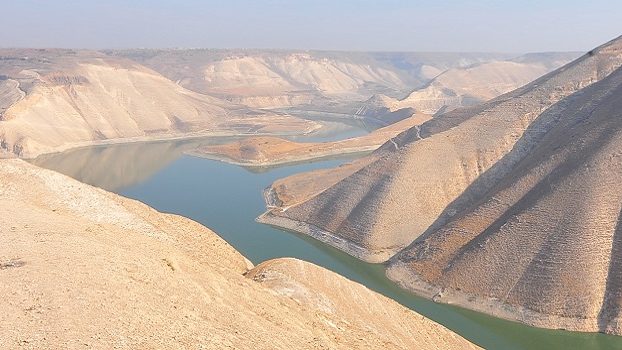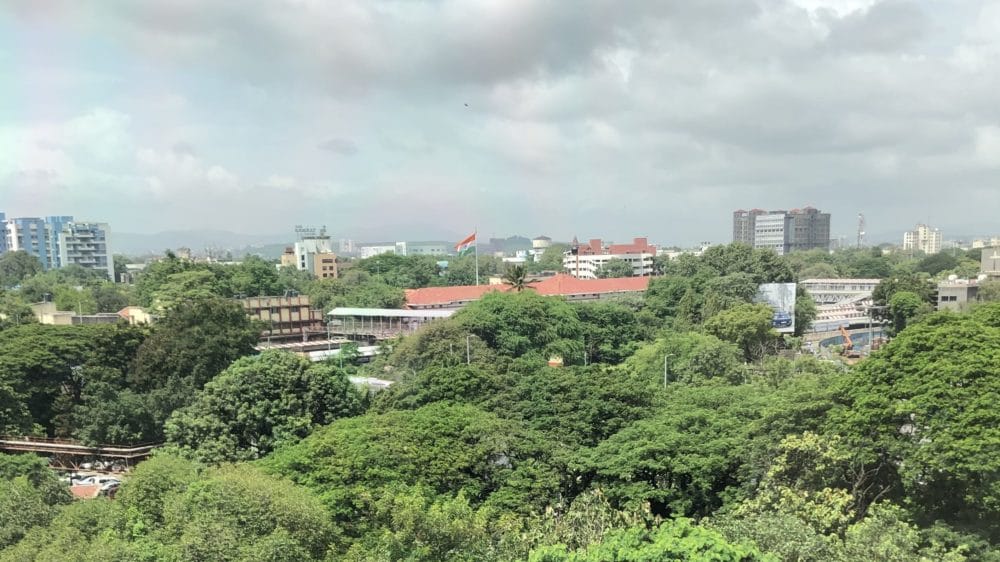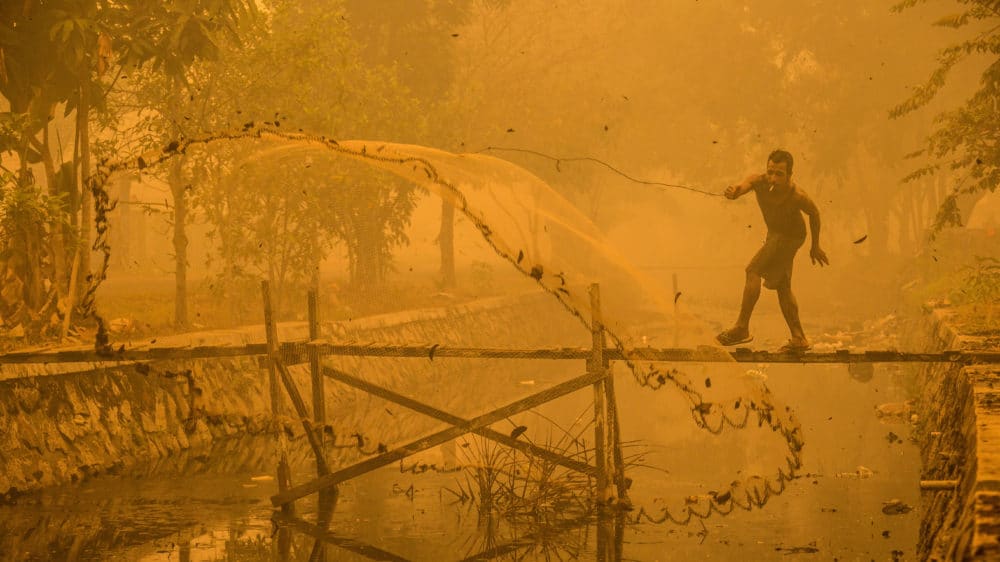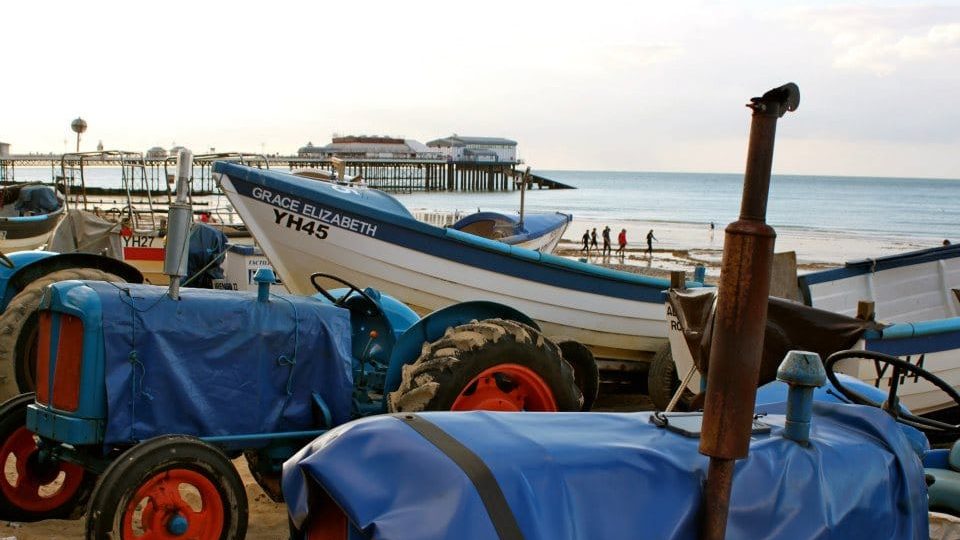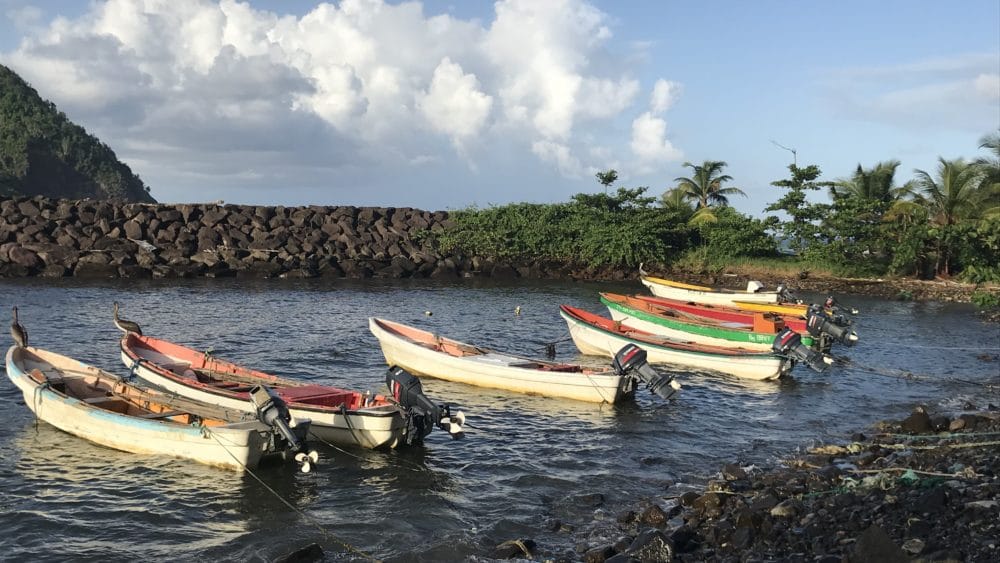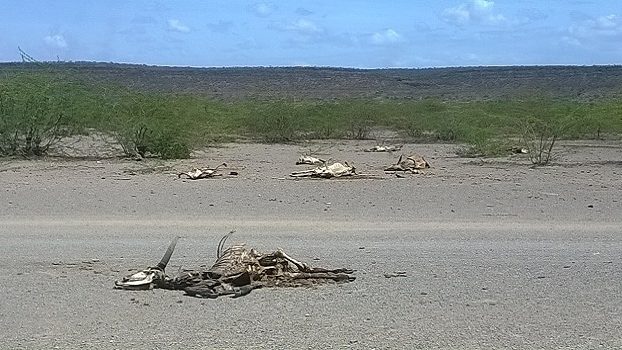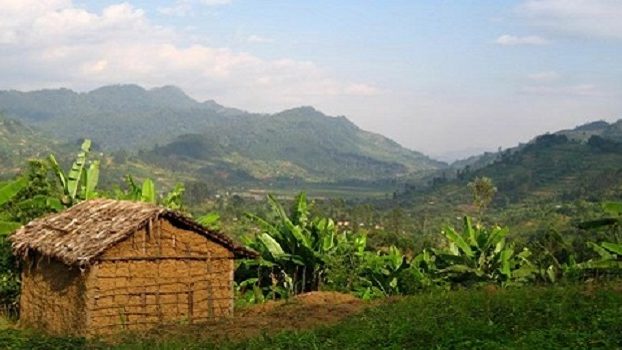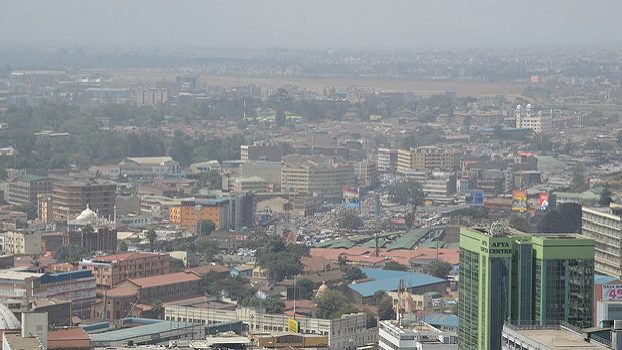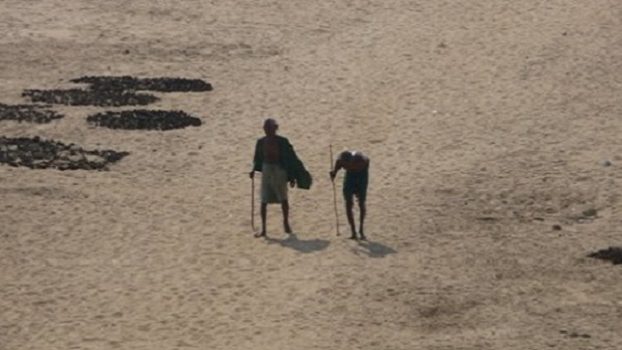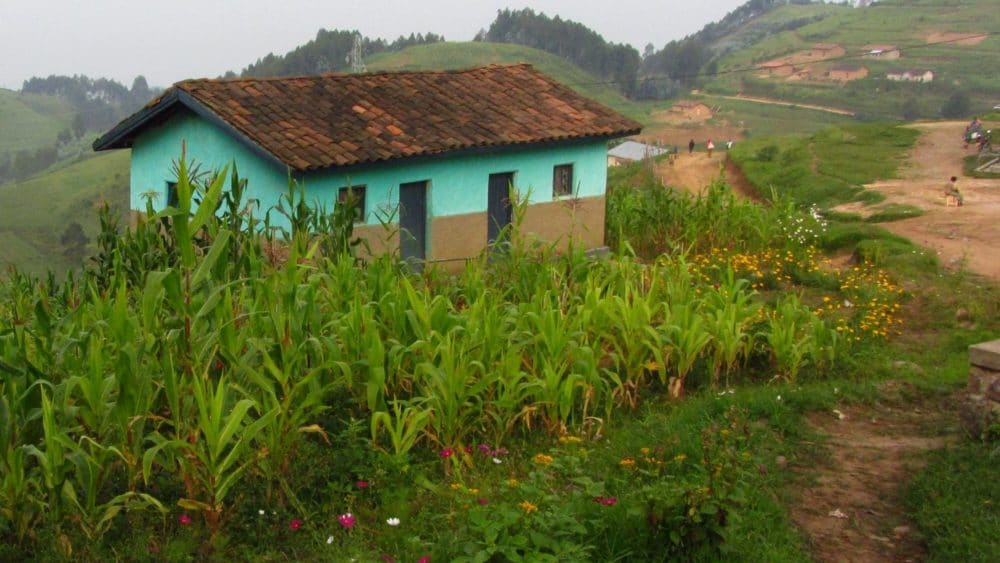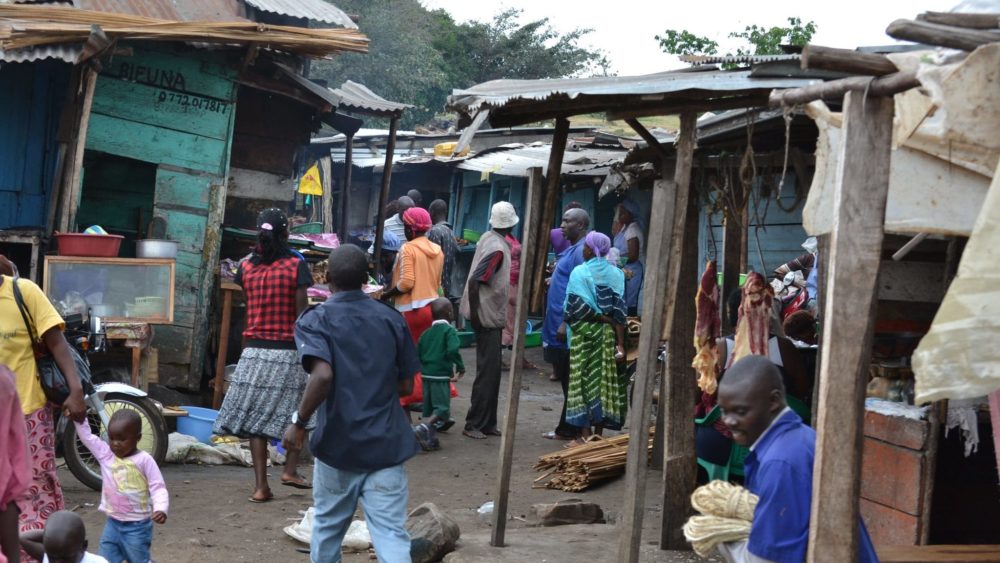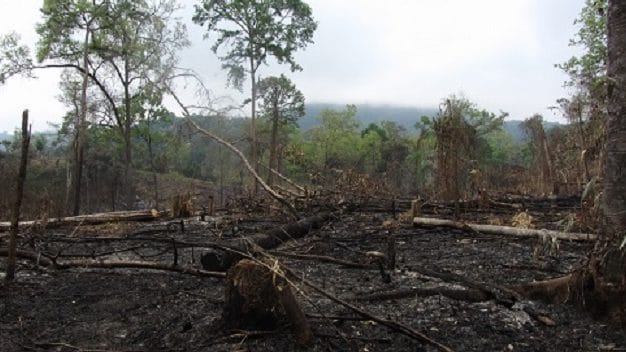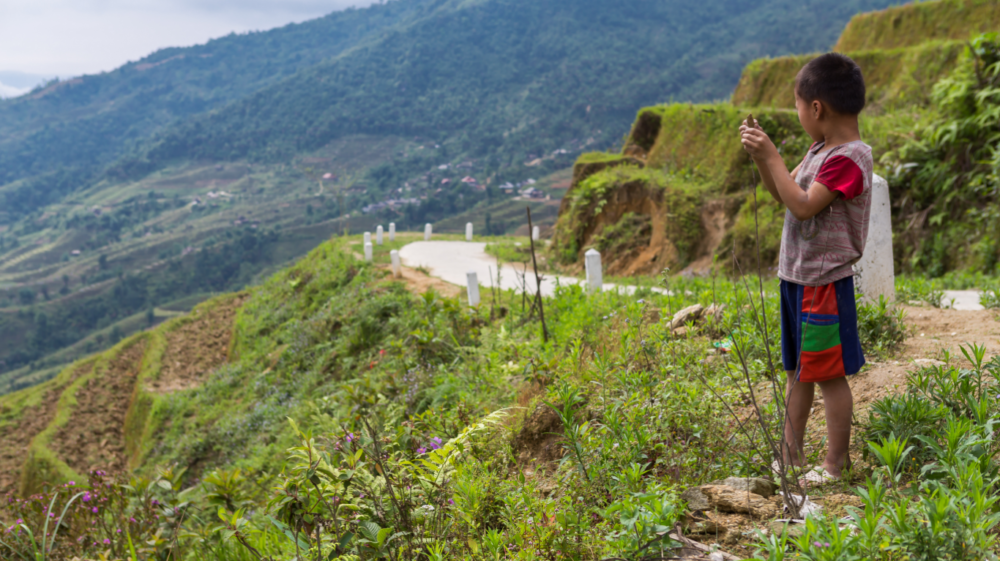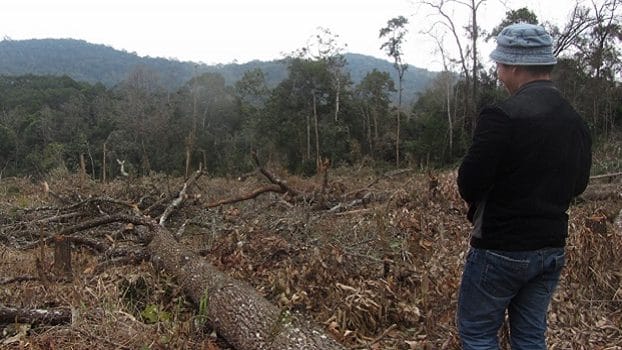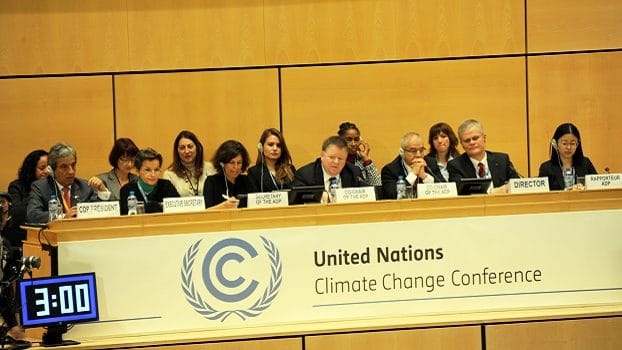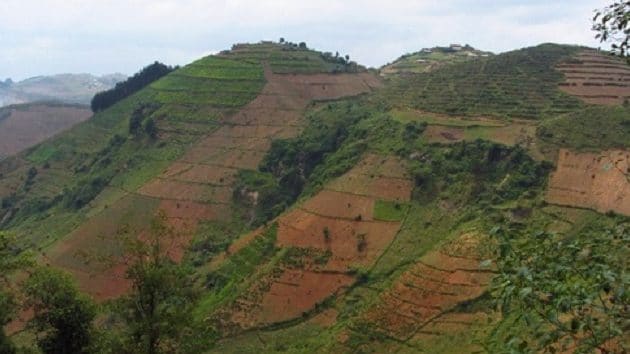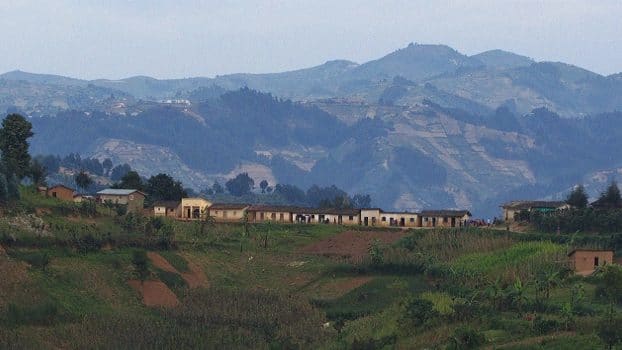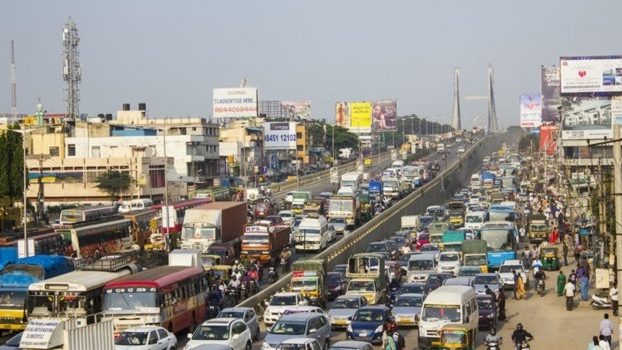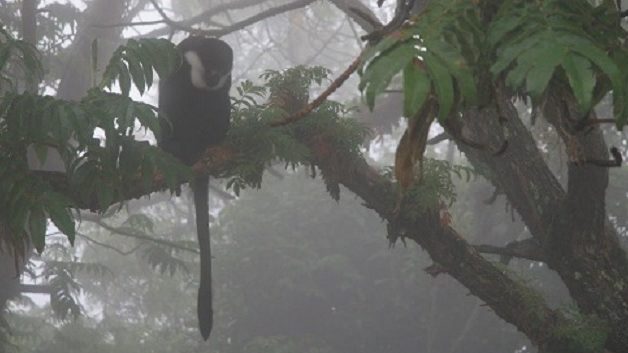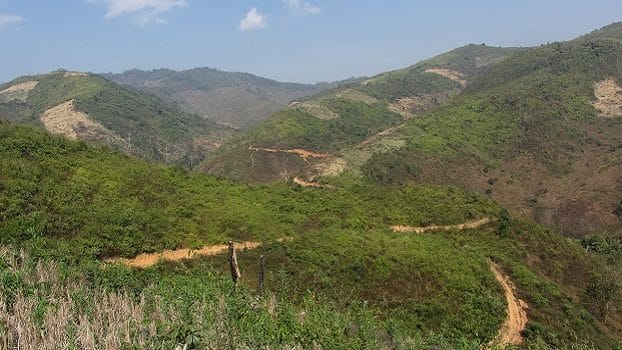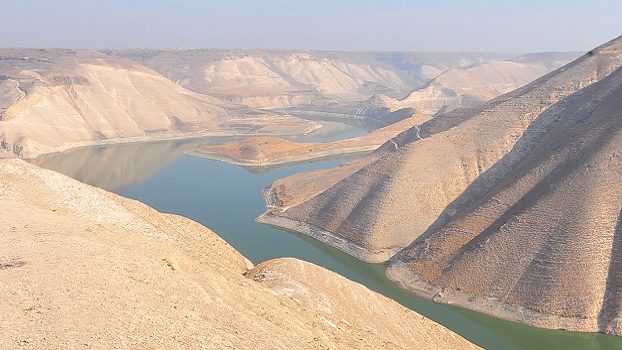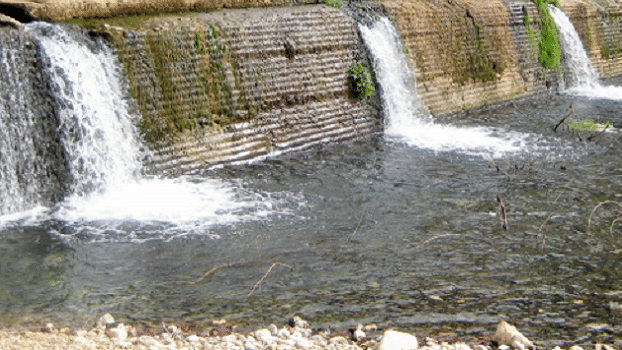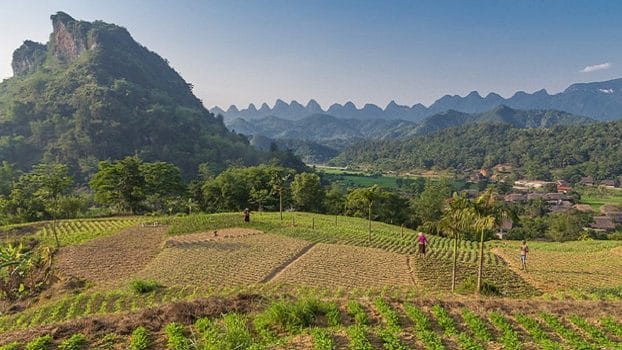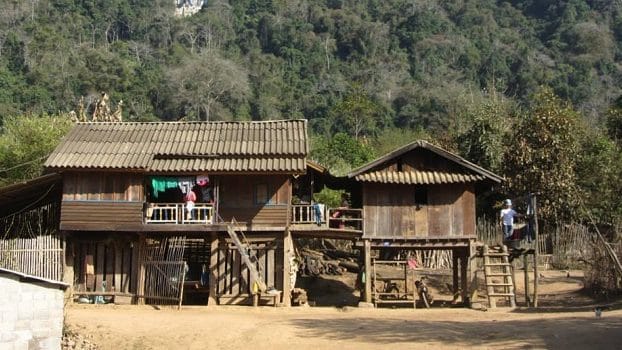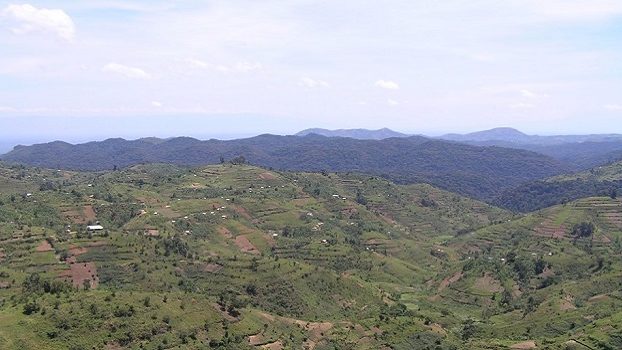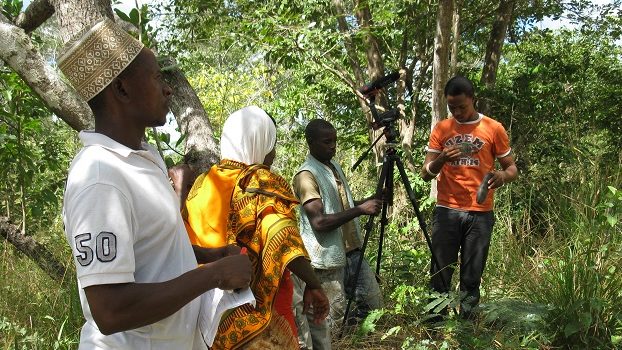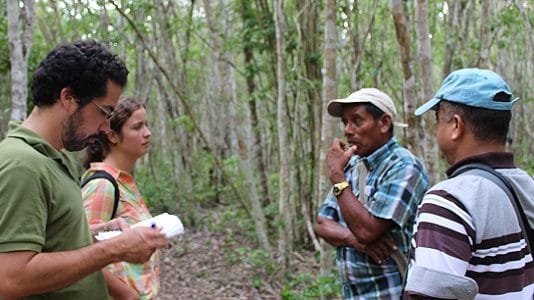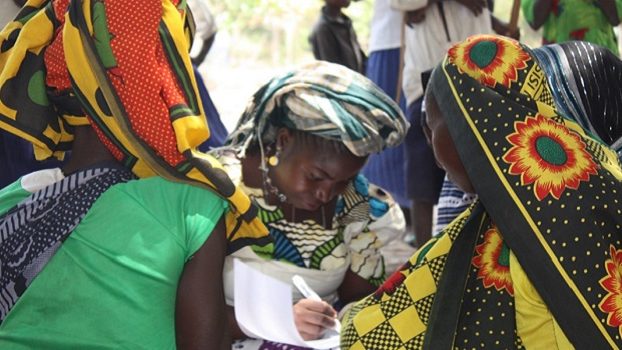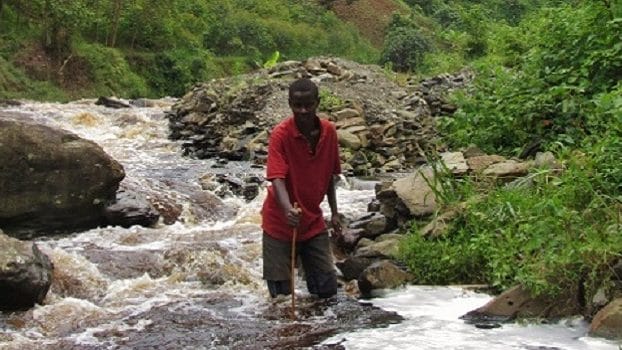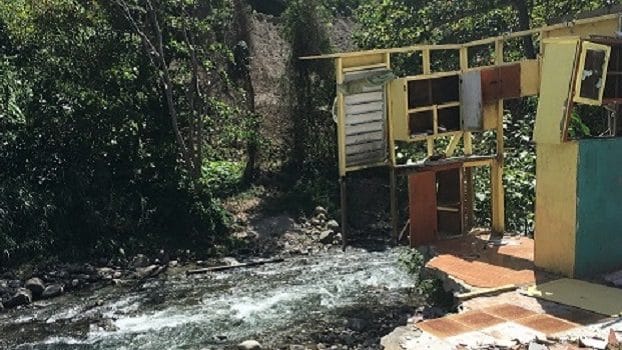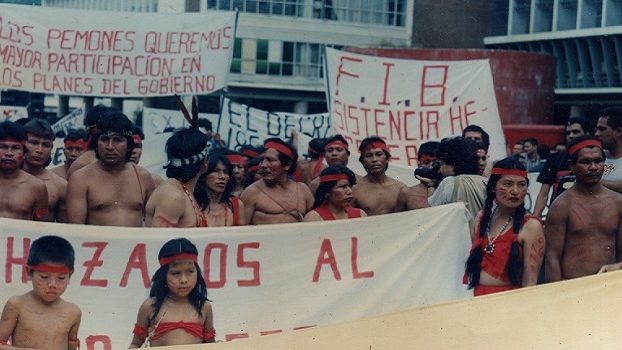This project seeks to contribute to peacebuilding in South Tolima, by working with school, teachers and community leaders from four municipalities (Ataco, Chaparral, Planadas and Rioblanco) in the design and development of a pedagogical strategy for the construction of a local culture of peace that can be developed through schools. Using action-research, the project seeks to make visible the experiences that children, teenagers, teachers, parents and community leaders have had with the armed conflict and, from there, to generate with them proposals for peacebuilding in schools.
This pedagogical strategy will be designed and developed by working with teachers and leaders in two central themes: a) school life and armed conflict and, b) territory, natural resources and post-conflict.
The project makes two innovative contributions. First, it uses a collaborative research approach between scholars and community members, developed by the actors themselves (children, teenagers, teachers, parents and leaders) as a fundamental element to bottom-up peacebuilding efforts. This perspective implies a change in the traditional way in which research projects are structured, by transforming the role of both professional researchers and local participants in the research process. The coordinating team will have, fundamentally, a role in training, mediating and accompanying teachers, students and leaders, while the latter will actively participate in research and develop proposals that are rooted in a local perspective of conflict transformation. Second, the research will use media, arts and literature as a way of eliciting dialogue among collaborators and local actors during and after the research process. This way of carrying out research and applying the results to the interests of the education sector and the community ultimately seeks to achieve a social appropriation of the knowledge produced in the project so that it can have a long-lasting effect on the construction of a local peace culture in Tolima.
The project is organized into four components: a) research, b) capacity-building for teachers, students and community leaders, c) appropriation and dialogue of knowledge between the educational community, community organizations and regional institutions, and d) the production of physical and virtual outputs.
RESEARCH PARTNERS:
– University of East Anglia
– Universidad de Ibagué, Colombia (Host Institution)
– Eureka Educativa, Colombia

